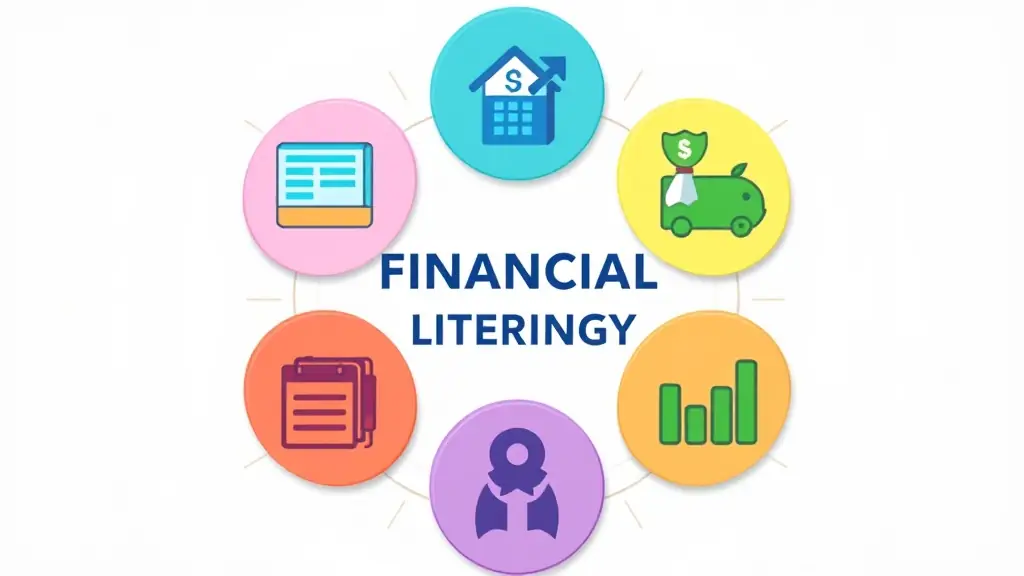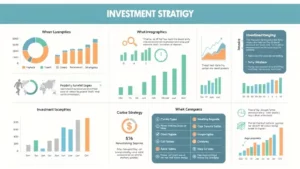Financial literacy encompasses the knowledge and skills needed to manage financial resources effectively. It includes understanding concepts such as budgeting, saving, investing, and debt management. For beginners, grasping these concepts can seem overwhelming, but breaking them down into manageable parts can make the learning process easier. By improving your financial literacy, you empower yourself to make better financial decisions that can lead to long-term stability and growth.
One of the first steps in becoming financially literate is creating a budget. A budget helps you track your income and expenses, allowing you to see where your money goes each month. By identifying areas where you can cut back, you can allocate more funds towards savings or investments. Additionally, understanding the importance of an emergency fund can provide a safety net for unexpected expenses, further enhancing your financial security.
Investing is another crucial aspect of financial literacy that can significantly impact your wealth over time. Learning about different investment vehicles, such as stocks, bonds, and mutual funds, can help you make informed choices that align with your financial goals. It’s essential to start investing early, as compound interest can work in your favor, leading to substantial growth over the years. By taking the time to educate yourself about financial literacy, you set the foundation for a successful financial future.





